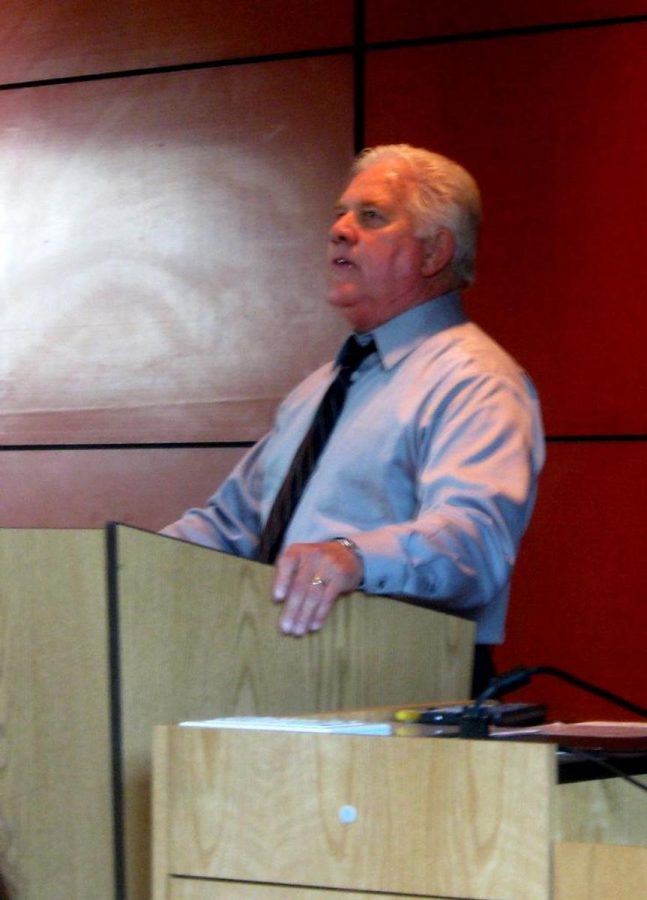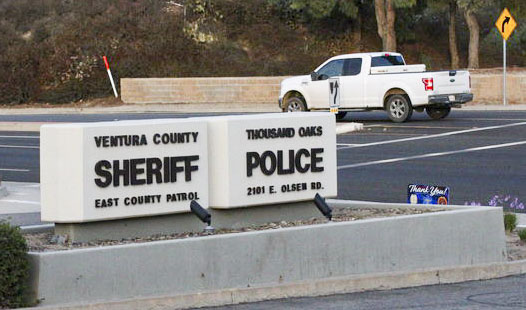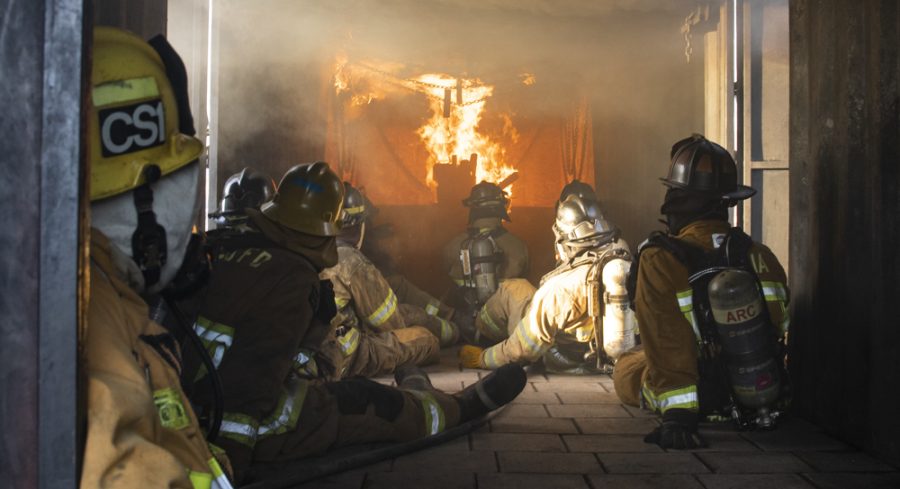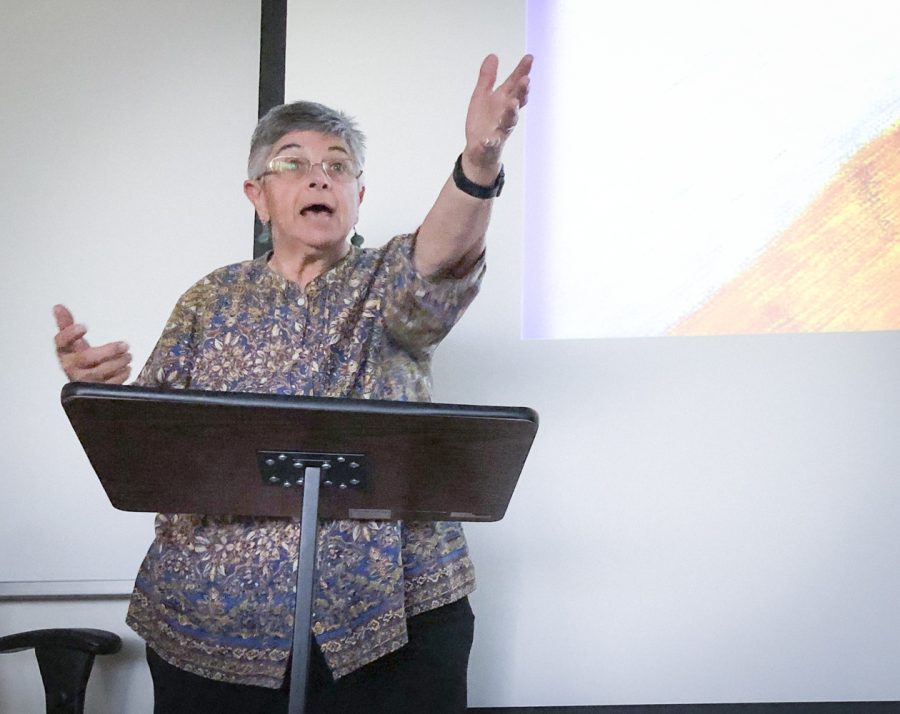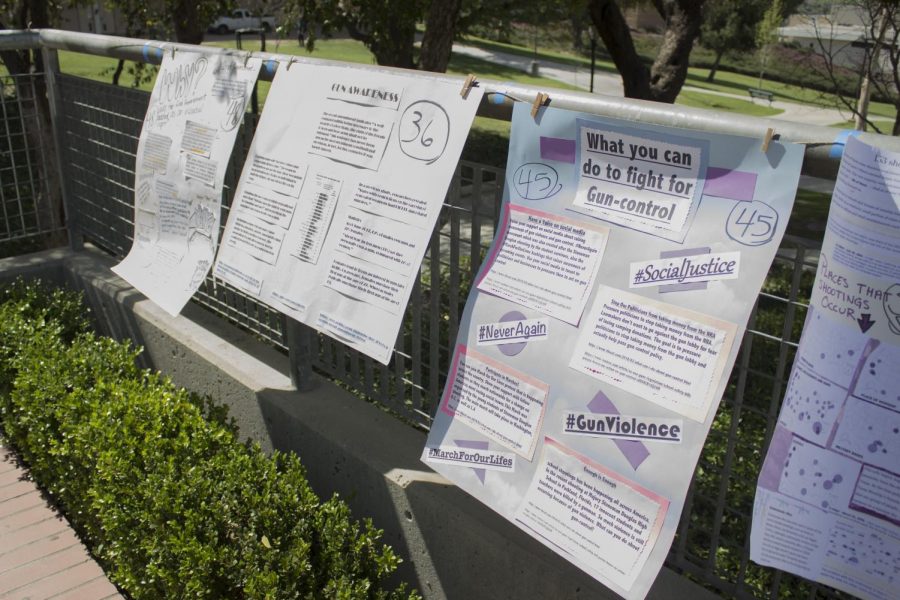Terrorism, hostage negotiation and national security were the major topics that Oxnard College students and community members discussed in a lecture to increase the understanding of methods of our law enforcement agencies.
Jim Botting, a retired FBI hostage negotiator and SWAT team member, enlightened his audience on his involvement in several infamous high-profile crimes, 9/11, our nation’s fight against terrorism and his personal chronicles cited in his book, “Bullets, Bombs and Fast Talk.”
“Crime can be very primitive,” said Botting. “Ever since 9/11, our country will no longer be the same. When it comes to terrorists, there are many misconceptions. We don’t know who they are, or when they’re going to attack.”
This lecture, which held the same title as Botting’s book, was part of the Oxnard College Literature, Arts, and Lecture Series that was held on Oct. 6. His presentation rationalized many of the theories and perceptions that many people have conceptualized from fallacies that the media has helped create.
Botting is a 25-year veteran of the FBI who had the opportunity to work on high-profile cases like; ‘Wounded Knee’ in 1973, the Patty Hearst kidnapping, the FBI siege on the Branch Davidian sect in Waco, Texas’ and the riots that resulted from the police beating of Rodney King.
His experience as an FBI agent has allowed him to gain incredible insight into what our law enforcement agencies have done wrong or perhaps could have done better.
“When it comes to counter-intelligence, it is all about connecting the dots,” said Botting. “In the case of 9/11, we didn’t do a very good job.”
Botting made several references of “dropping the ball” in the profiling spectrum saying that they focused on the bomb rather than the bomber.
Profiling has become a detailed phenomenon that continues to change and develop. In order to fight terrorism, precise profiling must take place in order to be effective.
Carolyn Dorrance, a history and political science professor at OC, had her own personal point of views on the Patriot Act that was put in place after 9/11 and the loss of privacy rights for Americans.
“I feel that the Patriot Act is excessive in its scope and there are some things that are unnecessary, especially when it comes to the violation of our rights,” said Dorrance. “However, it’s a tough job to have to hold a constitutional principle to, when everyone feels vulnerable or terrorized.”
OC Police Lt. Greg Beckley was in attendance and believes it is important for students and our community to be aware of national security matters.
“Here in Oxnard, we have so many military operations,” said Beckley. “This makes us a very viable terrorist target. The new missions of groups like Al-Qaeda to disrupt the day-to-day American community. We have to be aware.”
According to Botting, there are over 13,000 FBI agents who are fighting everyday to keep the nation as safe as possible.
Botting stated that approximately 40 percent of FBI agents are involved with counter-terrorism and that a lot of focus is being put into its prevention. The welfare of Americans has to be a priority and agencies like the FBI, work day in and day out to make sure that a sense of security is felt.
Shelley Savren, an English professor and the coordinator for this event, considered this to be a great topic of interest, especially for those students interested in law enforcement.
“Jim’s career has a lot of historical value,” said Savren. “So, his insight is important because there are many people who are not aware of the many threats that we face every day.”

